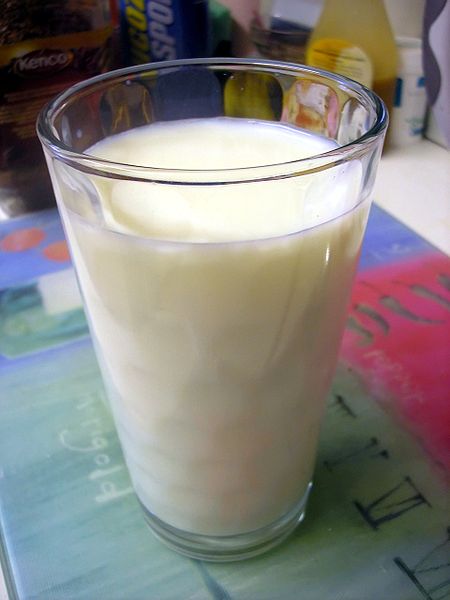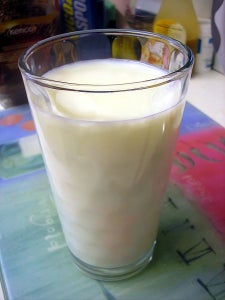Dealing With Milk Intolerance As An Athlete

Professional triathlete and sports nutritionist Pip Taylor provides advice on how to deal with milk intolerance as an endurance athlete.
Written by: Pip Taylor

Q: I am having ongoing gastrointestinal troubles in races. My friend is adamant that I should cut out dairy, as she thinks I might be lactose intolerant. I am in my mid-30s and have never had any problems eating dairy. But I started training for triathlon two years ago and in all my races I have had stomach problems. Is dairy the culprit?
A: GI problems are probably one of the most common and perhaps most frustrating issues that athletes face, especially when it comes to race-day performance. Endurance athletes, in particular, are prone to them, with most studies and reports putting incidence rate at between one-third and half of all competitors in any one event. Causes are diverse but certain foods might be culprits, such as those containing lactose, and your chance of being affected is determined largely by your genetic and ethnic background.
Strenuous exercise puts the body under stress and makes the gut more sensitive than when it is at rest. This means that any food intolerances and mild food allergies that you may not even be aware of at rest, or during aerobic controlled training, might become an issue during hard training or racing. Lactose intolerance is one example and symptoms, which usually occur 30 minutes to two hours after eating the offending foods, can include abdominal pain, diarrhea, gas, bloating and nausea—symptoms that mimic some of the most common GI complaints of endurance athletes. Lactose intolerance is the inability to digest lactose, the sugar found in milk and other milk-derived products. Lactase, an enzyme produced and found in the small intestine, breaks down lactose into the sugars glucose and galactose. All mammals are born with the genetic imprint to produce lactase so that they can digest their mothers’ milk, however, production is generally switched off at the time of weaning so that for humans, by the age of 2 or 3, production is beginning to decline. In some, though, this production is not switched off and they are able to continue to digest lactose into adulthood.
For the athlete with continued GI distress during racing that has not been satisfactorily dealt with by adjusting other nutritional plans, it might be worth considering your tolerance of lactose and making some changes around race day and key training workouts. This is not to say that you need to eliminate dairy altogether—it might be a matter of working out when and how much lactose you are able to easily tolerate. Many people find that lower lactose foods such as yogurts (live cultures in yogurt and fermented kefir break down the lactose to lactic acid, which is more readily tolerated) and hard cheeses are fine, or that consuming small amounts within meals poses no problems. Lactose-free milk and other products are also available as well as lactose supplements for the determined dairy lovers. It is also possible that you might build tolerance by introducing small amounts of dairy over time.
But I would advise avoiding any lactose for three days before a big race if you believe you have any sort of intolerance. This means not just the obvious (milk, cheese, yogurt) but also involves reading and checking labels of various products, including breads, cereals, sports bars and drinks, dressings and many other processed foods. Be on the lookout for terms such as whey, milk solids, curds, milk by-products, lactose or, alternatively, skip the processed foods altogether and eat real food so you know exactly what you are eating.
Note: Lactose intolerance is entirely different from a milk protein allergy, which is seen much more rarely, involves the immune system and can have severe effects. See a doctor if you suspect you might have a milk allergy.